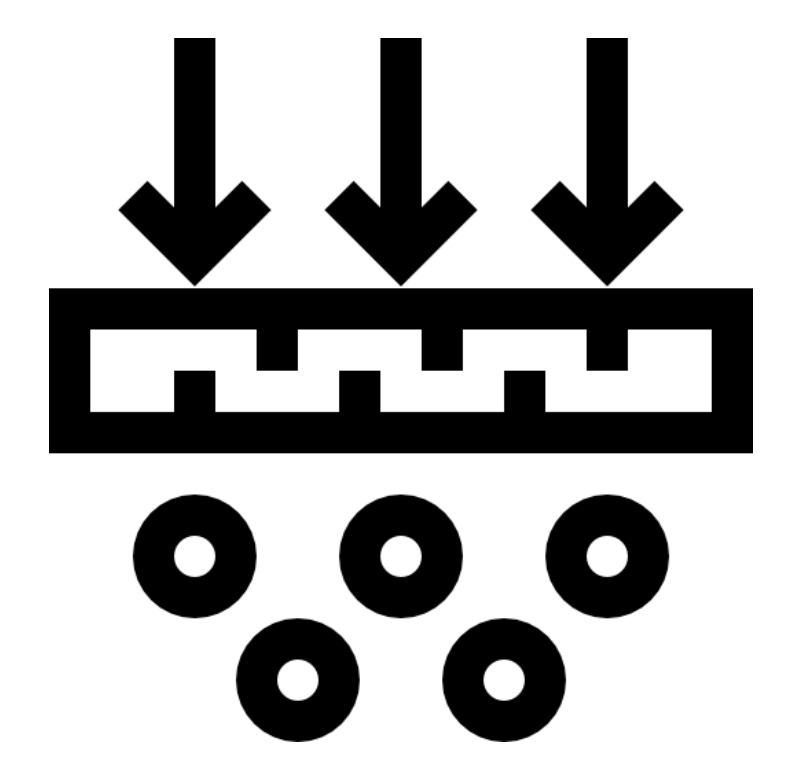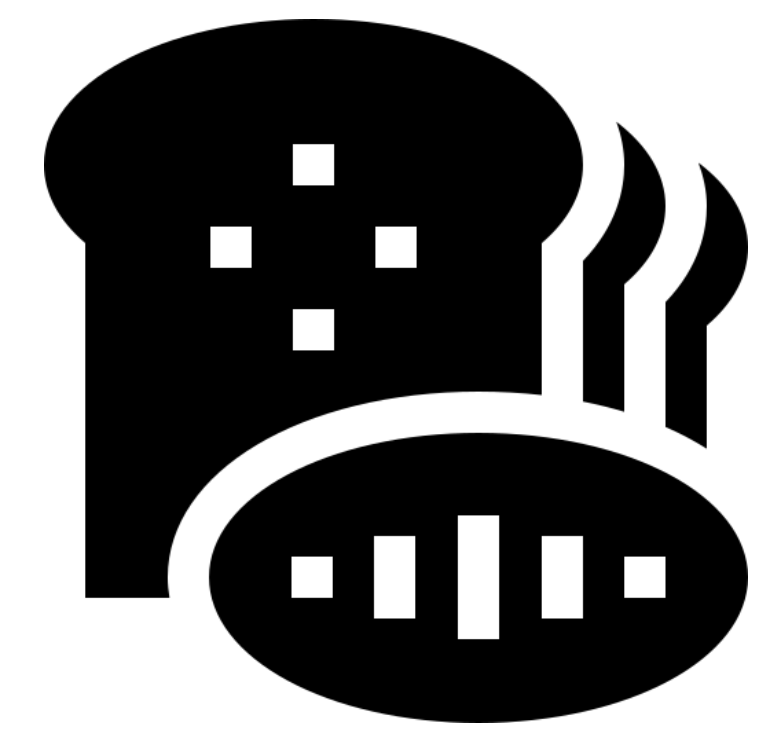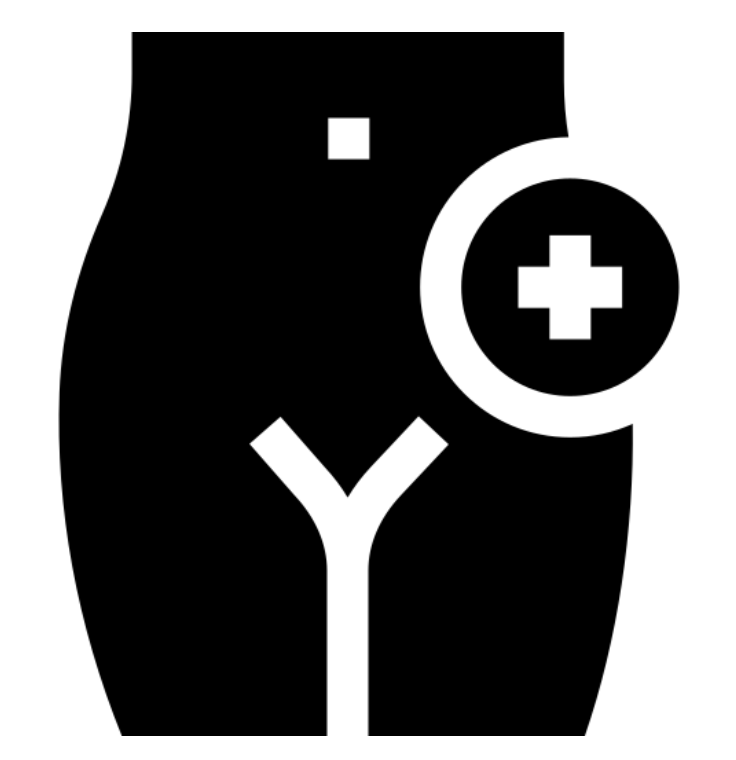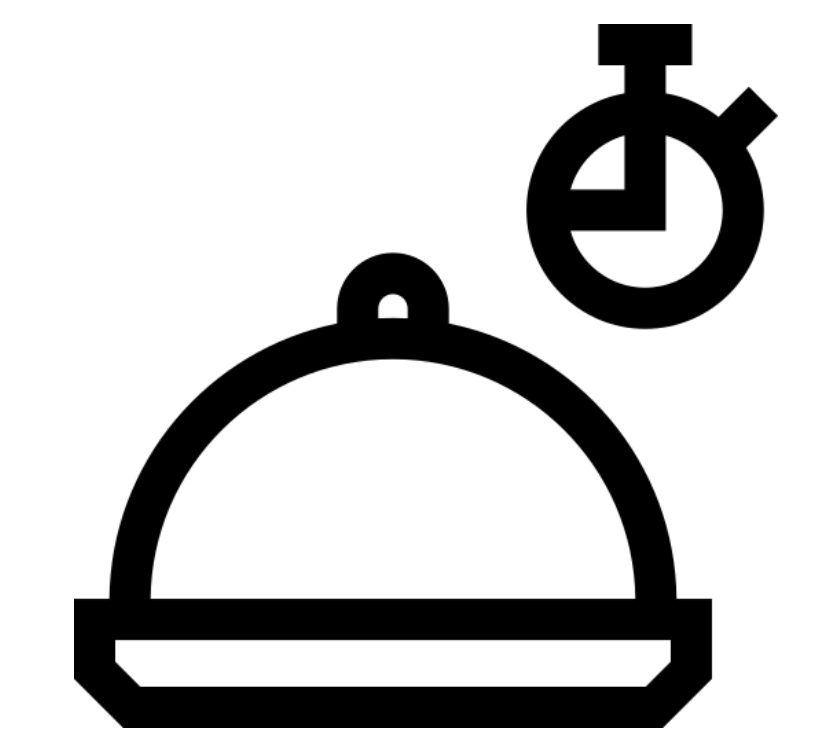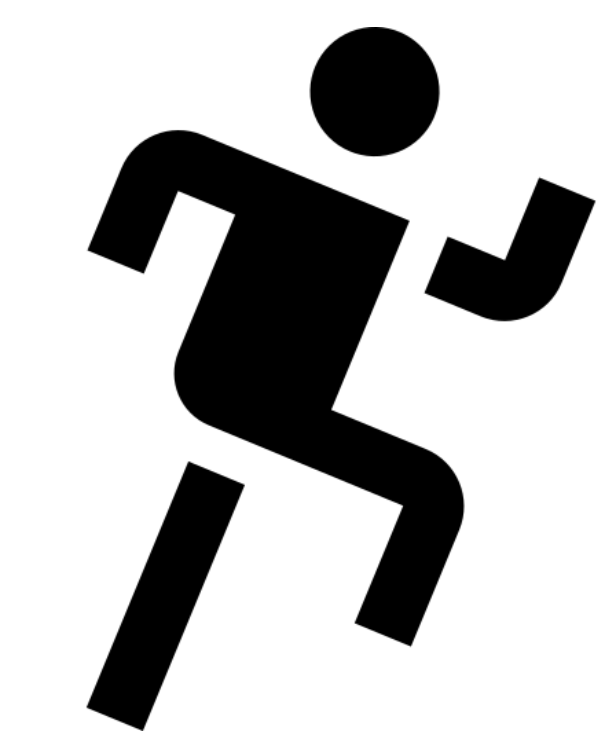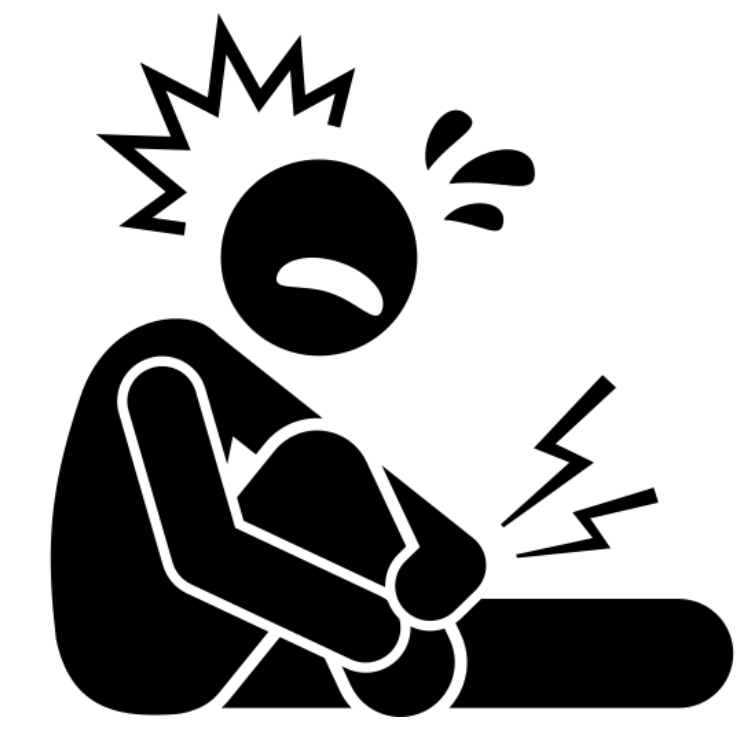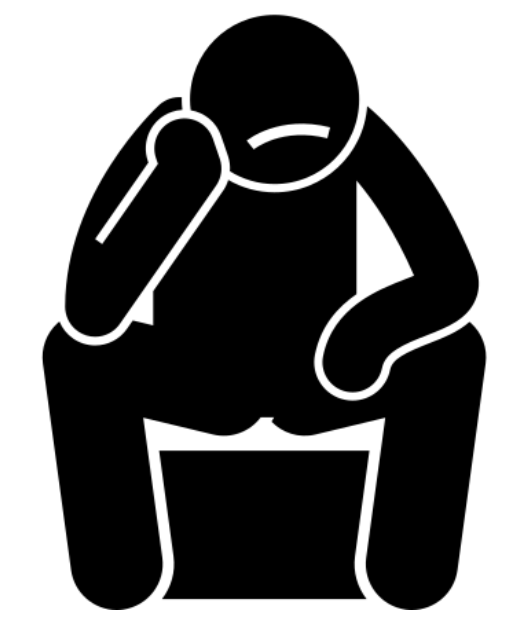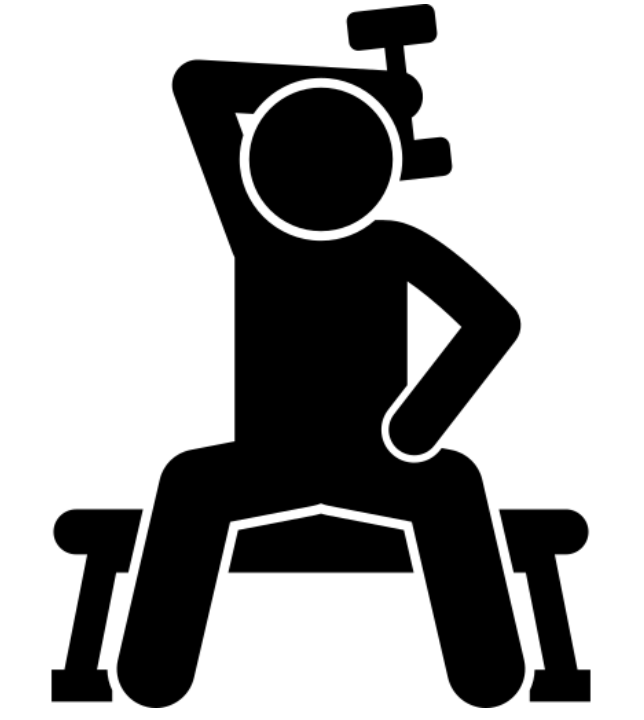
What Is the Latest I Should Carb Up Before Bedtime?
If you’re hitting CrossFit at 5:45am, you’re probably already dialled into fuelling your body right. But eating before an early class can sometimes leave you feeling heavy or sluggish. So, when’s the best time to carb up at night, and how can you avoid that uncomfortable stomach feeling before training?
Eating Before Bedtime
First, let’s bust a myth: eating carbs late at night isn’t inherently bad for your health. The issue isn’t when you eat, but how your body digests while lying down. Gravity normally helps food move through your digestive system. When you lie flat, digestion slows, and food can feel like it’s sitting in your stomach.
If you find late-night carbs leave you uncomfortable, try eating at least 2 hours before bed. That way, your body has time to process food before you sleep.
Do You Need to Carb-Load for CrossFit?
Carb-loading before endurance events is often done days in advance, not just the night before. For most CrossFit workouts—which are typically shorter bursts of high intensity—loading up on carbs before bedtime isn’t essential.
Instead, focus on consistency: eat balanced meals throughout the day with carbs, protein, and healthy fats. Then, see how your body feels during training. For some, a light pre-bed snack works well; for others, it isn’t necessary.
The Morning of Your Workout
If eating before training makes you feel heavy, skip it and fuel up after. If you need something small, go for light, easy-to-digest options like a banana with peanut butter or a piece of toast. After your session, recovery is key: combine carbs and protein to replenish energy and support muscle repair.
Where Flush GBI Fits In
No matter how carefully you fuel, high-carb meals, processed snacks, or late-night eating can sometimes leave behind digestive residue and toxins that slow you down. That’s where Flush GBI helps. By gently flushing your gut, bowel, and intestines, it clears out waste build-up and supports smoother digestion, so you wake up lighter, more energised, and ready to train.
Think of it as a reset for your digestive system—helping you perform better in the gym and recover more effectively afterwards.




